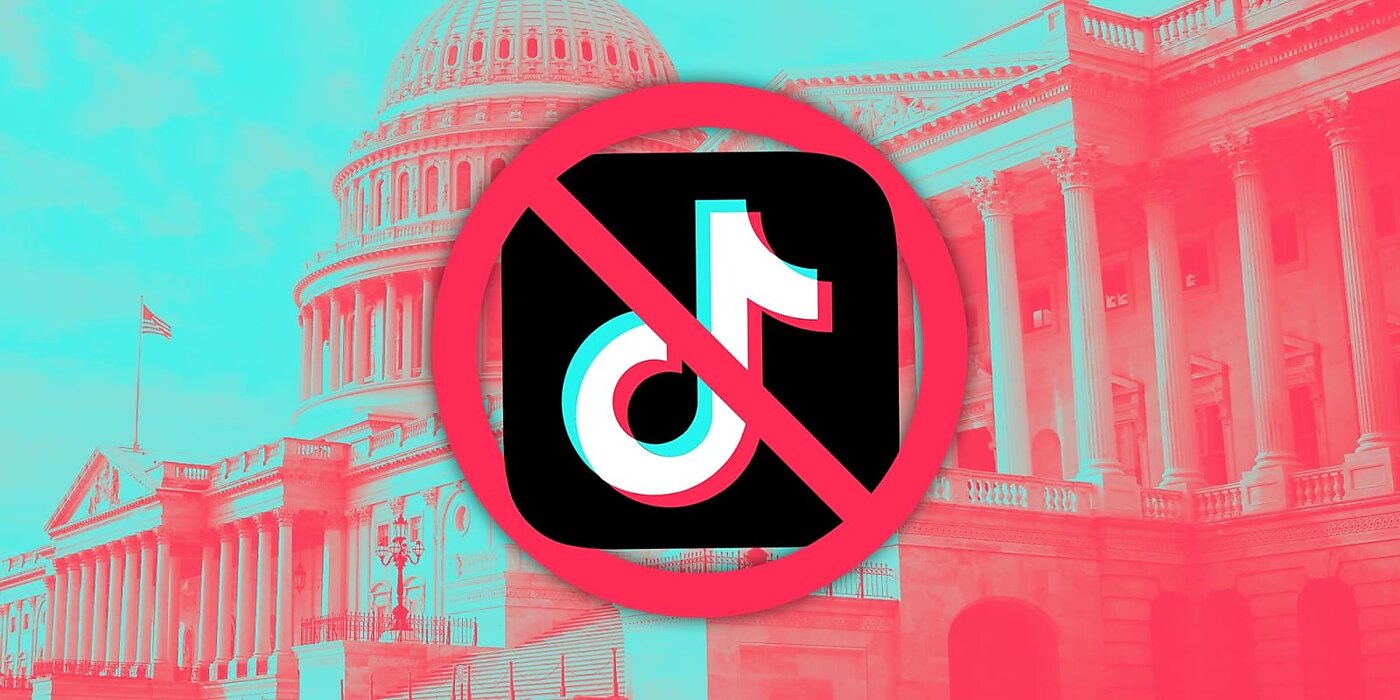In recent developments, TikTok finds itself at the center of a heated debate within the U.S. legislative sphere, underscored by bipartisan efforts aiming to address national security concerns linked to the platform’s data practices and algorithmic operations. Lawmakers propose a stark ultimatum: the sale of TikTok by its Chinese parent company ByteDance to a non-Chinese entity or face an outright ban within the United States. This legislative push reflects a growing apprehension towards the opaque nature of TikTok’s algorithm and its data collection mechanisms, perceived as potential tools for censorship and surveillance under Chinese government directives.

The core of the controversy lies not merely in TikTok’s operational dynamics but in its conceptual foundation as a platform. TikTok distinguishes itself from traditional social media networks by acting more as a media publisher, leveraging a highly assertive curatorial algorithm to dictate user engagement. This unique stance has led to unparalleled growth and influence, prompting scrutiny over its data handling practices and the potential for foreign interference.
However, the question arises: Is a U.S. ban on TikTok a panacea for the national security risks at hand? The answer leans towards the negative. While a ban might symbolize a strong stance against perceived threats, its efficacy in addressing the root causes — algorithmic opacity and extensive data collection — is debatable. The intricacies of digital technology and global connectivity render outright bans a simplistic solution to complex challenges. Users may circumvent restrictions through technological means, and the underlying issues of data privacy and algorithmic transparency remain unaddressed.
A more sophisticated and holistic approach is required. Solutions should encompass stringent data protection laws, ensuring transparency in algorithmic decision-making and fostering international cooperation to set global standards for digital operations. Furthermore, nurturing domestic technological innovation can provide alternatives to TikTok, diluting the influence of any single platform and promoting a diverse digital ecosystem.
In essence, the discourse surrounding TikTok underscores a broader digital dilemma: balancing national security with the global nature of technology and information exchange. While legislative measures against TikTok may offer a temporary solution, the enduring challenge lies in crafting a regulatory and technological environment that safeguards privacy and security without stifling innovation and expression.

